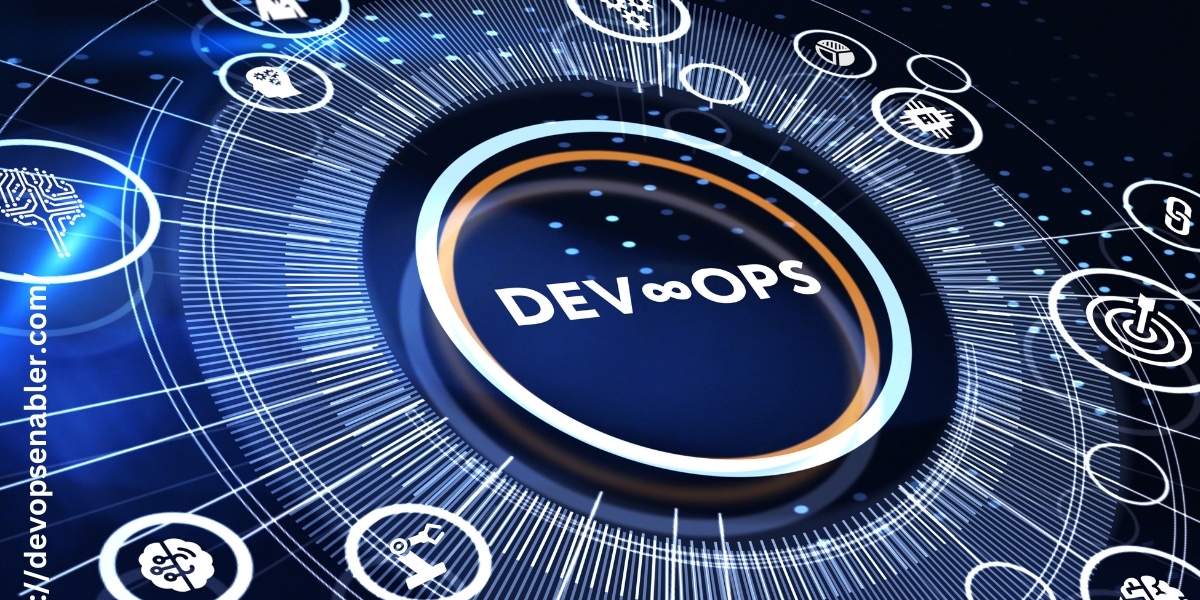Organizations are compelled to prioritize cybersecurity. Developers, playing a pivotal role in this landscape, are witnessing an evolution in their responsibilities. According to GitLab’s 2022 Global DevSecOps survey, over half of developers now claim to be "fully responsible" for security in their organizations, marking a 14% increase from 2021. This shift underscores the ongoing transformation in security practices, with a notable emphasis on shifting left – incorporating security best practices early in the software development life cycle (SDLC). This article explores 10 practical tips to empower teams to shift left, promoting efficiency and expediting software releases in the realm of DevSecOps.
1. Measure Time: The first step in optimizing DevSecOps is to quantify the time spent remediating vulnerabilities after code merging. Identifying patterns in the type or source of vulnerabilities allows teams to make necessary adjustments for continuous improvement.
2. Identify Bottlenecks: Pinpointing pain points and bottlenecks within security protocols and processes is crucial. Creating and executing a resolution plan streamlines workflows, fostering collaboration and ensuring the seamless integration of security measures.
3. Demonstrate Compliance: Combatting unplanned delays involves automating compliance frameworks. This not only ensures consistency across development environments and teams but also accelerates releases by minimizing unscheduled work interruptions.
4. Ditch the Toolchain: Streamlining the toolchain by reducing complexity provides developers with a single interface – a unified source of truth. This focused approach enables teams to allocate attention to critical security tasks, enhancing collaboration and overall efficiency.
5. Automate Scans: Overcoming the hindrance of manual processes, automating vulnerability discovery accelerates the development process. Automating findings into a merge request facilitates efficient review, source identification, and accessibility for developers to address vulnerabilities promptly.
For More Information: https://devopsenabler.com/contact-us
6. Eliminate Waterfall: Adopting an agile approach involves reducing or eliminating waterfall-style security processes within the SDLC. This shift prevents organizational struggles when changing direction and aligns security practices with the dynamic needs of software development.
7. Security Reports: Granting developers access to Static Application Security Testing (SAST) and Dynamic Application Security Testing (DAST) reports is essential. These tools become integral in building secure coding practices, ensuring that vulnerabilities are seamlessly addressed within the workflow.
8. Smarter Teams: Empowering the security team with insightful dashboards into resolved and unresolved vulnerabilities facilitates smarter, data-driven decision-making. Information on vulnerability locations, creators, and status for remediation enhances overall team efficiency.
9. Start Small: Encouraging developers to make incremental code changes promotes manageability. Smaller changes are easier to review, and secure, and can be launched more quickly than large-scale project modifications, fostering agility in the development process.
10. Update Workflows: Integrating security scans seamlessly into developers' workflows ensures early identification and resolution of vulnerabilities. By building and incorporating security measures early, teams can address issues before the code leaves their hands, ensuring a robust and secure final product.
Shift Left with GitLab:
GitLab emerges as a key enabler in initiating a proactive security strategy. By embedding security and compliance within The One DevOps Platform, GitLab offers an end-to-end DevSecOps workflow. The platform's ability to automatically scan for vulnerabilities on feature branches empowers teams to remediate issues before pushing to production, effectively managing risk.
Adopting these 10 strategies empowers organizations to accelerate DevSecOps, creating a culture of efficiency, innovation, and enhanced customer service. GitLab serves as a vital tool in this endeavor, offering a comprehensive platform that aligns security with development, facilitating faster innovation, easier scalability, and more effective customer engagement.
Contact Information:
- · Phone: 080-28473200 / +91 8880 38 18 58
- · Email: sales@devopsenabler.com
- · Address: #100, Varanasi Main Road, Bangalore 560036.









